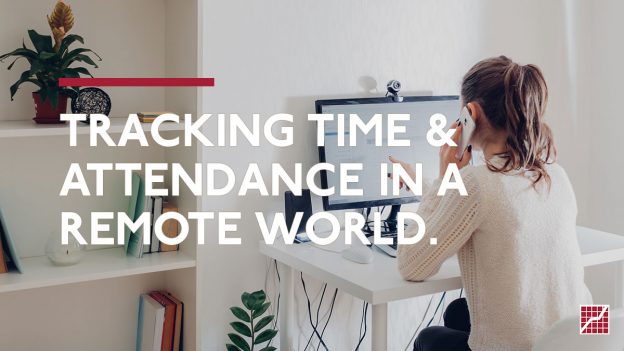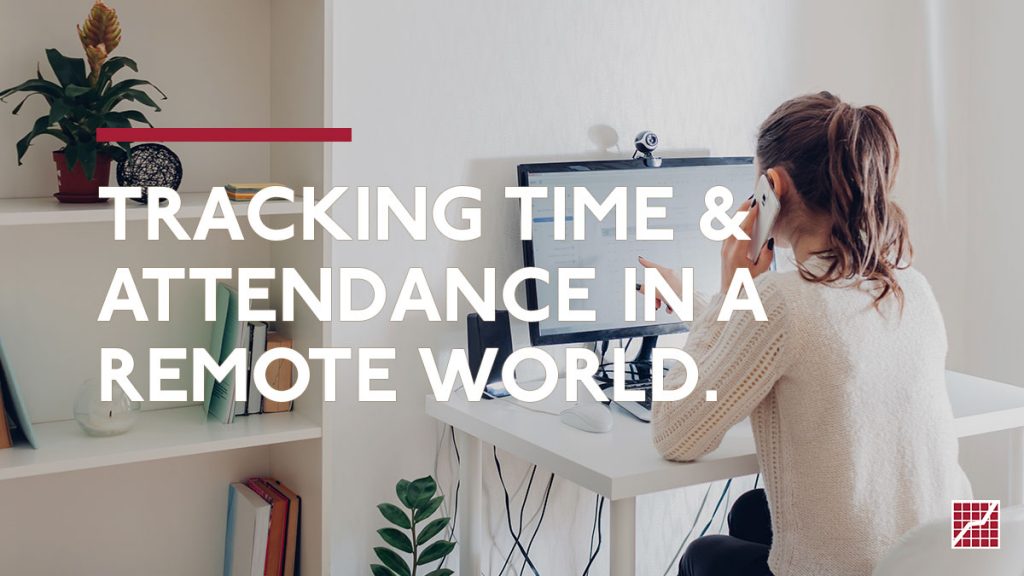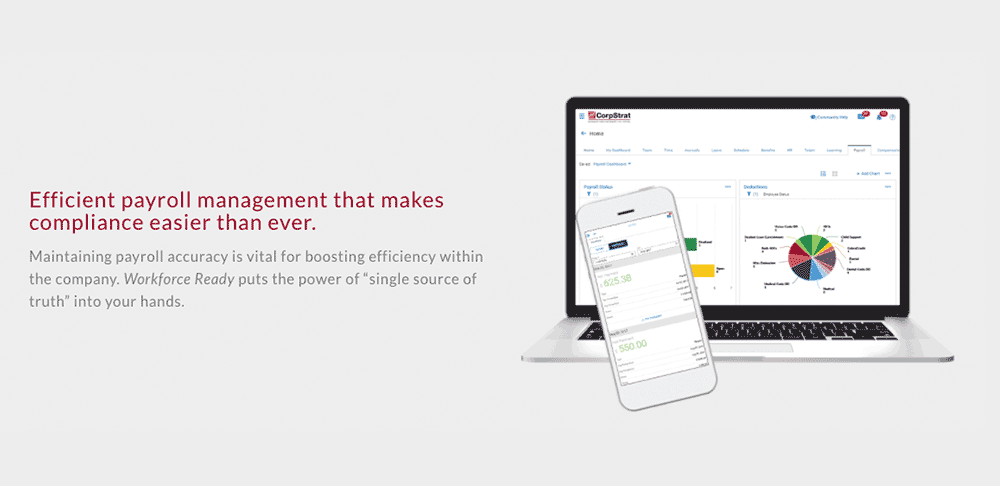Dear Clients, Professionals, and Friends,
Certainly, this is the most uncertain of times our country is going through during our lifetimes. First and foremost, we hope you are all staying healthy and safe.
As employers, professionals, and businesses struggle to navigate the current COVID-19 crisis, we wanted to share some of our thoughts and provide guidance on how to manage some core business processes – especially employee health care, and address premium payment concerns, through this challenging time.
First, everyone is scared. The uncertainty is greater than ever, and no one knows what’s going to happen next. It’s crucial that companies step up and provide leadership and optimism.
If you are a business owner, your people will be looking to you to give them clarity and a sense of certainty – it will pay huge dividends for both parties. While It’s true it’s unknown what the future holds, optimism and confidence never hurt anyone.
Secondly, sales and business revenues will almost certainly suffer tremendously, and a lot of employers will be forced to close their doors, left with no choice but to layoff employees, and defer or cancel other business operating expenses. The downward spiral is steep, dark, and scary, but once we get through this, we believe the bounce-back will provide tremendous opportunities for many companies that can weather the storm. Keeping your people close is as important as ever.
Third, there are a few necessities in life right now: shelter, food, and health care. Employees on employer-sponsored health plans need their coverage more than ever. If you lay people off, furlough them, etc. due to income loss, we recommend you do not cancel their health coverage. Extending benefits seems like an ideal way to keep those people “close” – and we’re certain guidance will be available shortly to address this. We’ll call this a “wait and see” approach, as we get more clarity on the “Families First Act“.
If you are an employer and have paid March 2020 insurance premiums, you essentially do not have another payment due until April 30, 2020. If you have not made that payment yet, we strongly urge you to pay it as soon as possible, as we wait for guidance from both the government and the carriers as to what relief will be available.
Insurance carriers are deep in negotiations with the government in developing a plan to help everyone right now. This includes guidance and relief on deferral of premium payments on all types of insurance and financial services, extensions of grace periods, and preclusion on lapsing certain types of insurance coverage. We expect to get guidance in the coming days and will follow up with additional communication.
Companies and professionals will need to adhere to the new “Families First Corona-Virus Act“, and for our CorpStratHR Payroll clients who need to adapt forthcoming payrolls, we are available to help you with all payroll processing. We will work tirelessly to make sure all checks and payrolls are processed.
We want you to know that CorpStrat is working remotely and our staff is available to give you any support you need. Please reach out to us for anything regarding resources, relationships, and guidance. We promise to be responsive and give you the best support possible during these uncertain times.
We are here to help, and we will get through this together. Stay safe and positive.
#TeamCorpStrat






